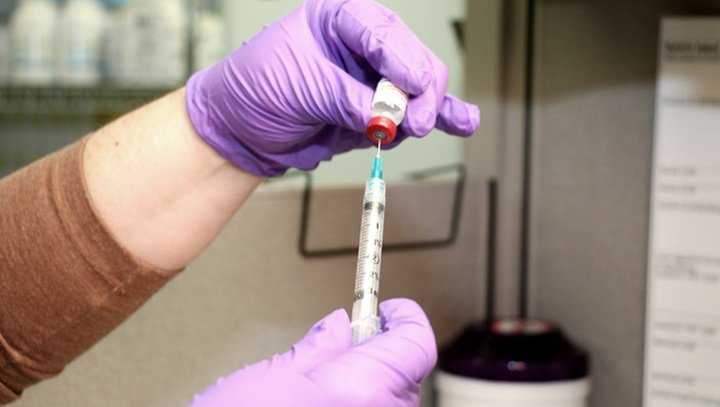The campaign to restore New Zealand’s herd immunity to measles is underway.
The government will spend up to $40 million for a year-long measles catch-up campaign, with 350,000 more MMR vaccines already in the country.
The National Immunisation Register will also be replaced, with Associate Health Minister Julie Anne Genter labelling it “no longer fit for purpose”.
The SMC asked experts to comment on the catch-up campaign launch. Feel free to use these comments in your reporting or follow up with the contact details provided.
Dr Teuila Percival, Consultant Paediatrician, Middlemore Hospital; Senior Lecturer, School of Population Health, University of Auckland, comments:
“For the measles catch-up campaign to be successful, it needs to reach Pasifika communities. Public Health Officials should contact and work with Pacific health providers who are in communities and have experience.
“It’s also critical to work with Pasifika young people. There are innovative Pasifika Youth Development programmes like Bubblegum in Otara who know how to reach and connect with young people.”
Conflict of interest statement: Teuila works at Counties Manukau DHB and is on a number of Boards.
Professor David Hayman, Director, Infectious Disease Research Centre, Massey University, comments:
“This is an extremely important and welcome initiative. The decisions here are based on evidence. This measles immunity gap is real and it put those youths and young adults that are not immune at risk of measles complications, as well as making large outbreaks more likely across the country. Cost-benefit analyses have shown that these preventative measures are also financially beneficial.
“Crucial aspects of the initiative include the delivery and making sure that sufficient numbers are immunised. The worry is that these age groups are hard to reach. However, the number of vaccines purchased, target numbers, dedicated money for the campaign, and changes to the National Immunisation Register suggest that the government is seriously aiming to reach their targets – but it will still need assessing.
“It is also worth pointing out, that these initiatives have long term benefits. After such campaigns, should New Zealand maintain high childhood vaccinations, outbreaks should be very rare, reducing illness and costs. Similarly, the delivery of combined MMR vaccines will also increase the immunity against mumps and rubella. The redevelopment of the National Immunisation Register will benefit our ability to manage other infectious diseases, so there are additional benefits to this program beyond just measles prevention.”
No conflict of interest declared.
Associate Professor Helen Petousis-Harris, Vaccinologist, University of Auckland, comments:
“This is excellent news. Once these gaps have been filled and we maintain our routine immunisation well, we should never have to see another measles epidemic in NZ. Measles has killed tens of thousands of New Zealanders since the nineteenth century with epidemics every few years until vaccines became available.
“While measles still circulates in some countries we will need to remain vigilant, as cases will still crop up due to travel. But with a well vaccinated community it will be unable to spread.
“It is also great that our ageing electronic register that holds immunisation records is being upgraded. This serves several purposes:
- Providers can check a person’s immunisation status so they don’t have to rely on paper records which can get lost.
- Health authorities can monitor coverage rates to ensure the programme is delivering
- People can be recalled and reminded when they’re due for immunisation, or contacted if there is an issue, such as vaccine batch problem
- Vaccine safety can be monitored robustly
- Researchers can perform high quality studies about vaccines.”
Conflict of interest statement: Helen has led industry funded studies and attended industry expert advisory board meetings. She does not personally receive honoraria.
